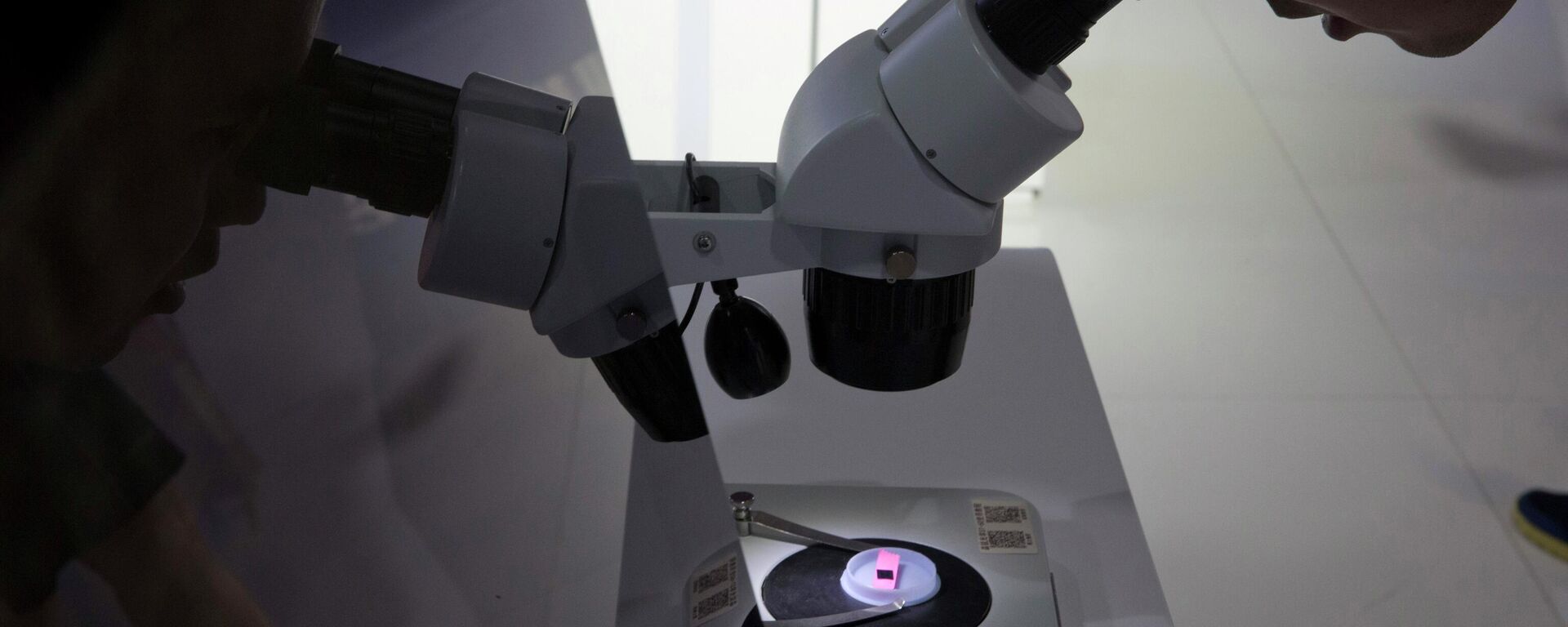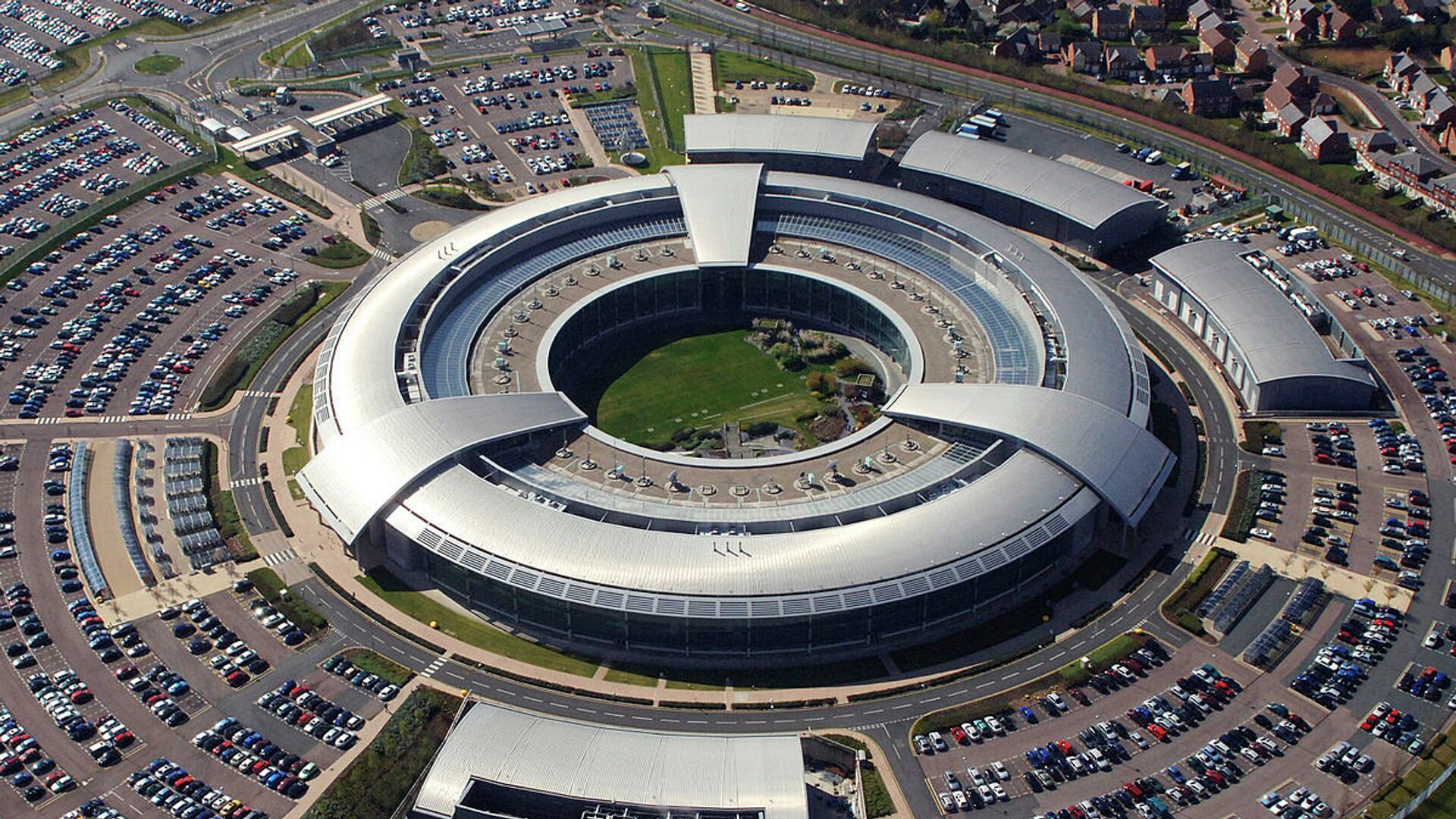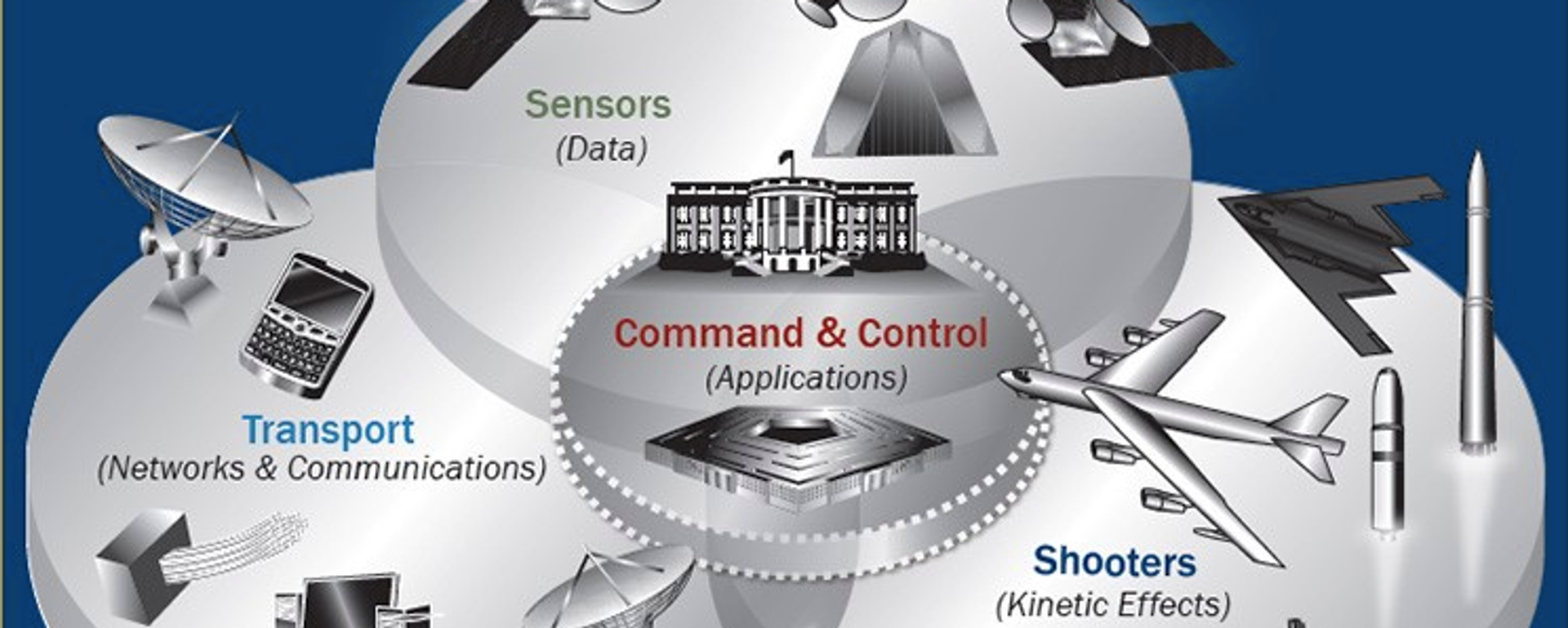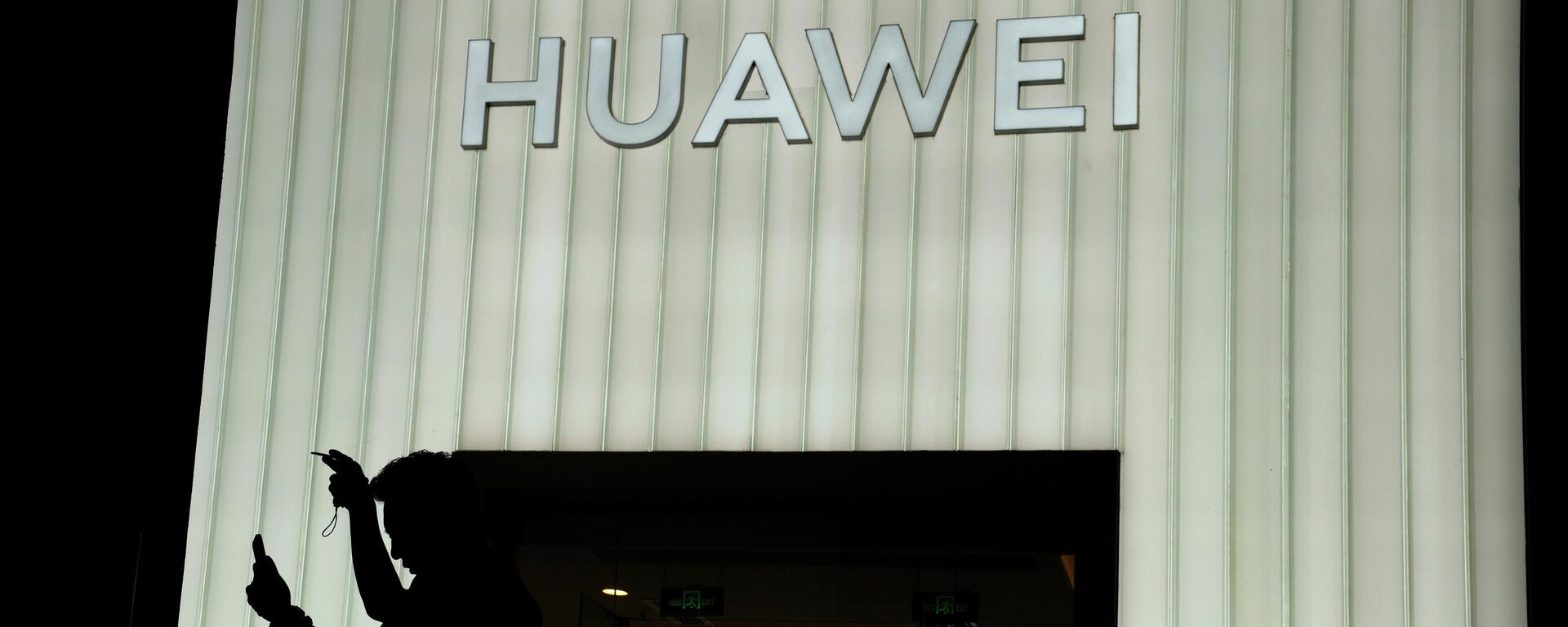https://sputnikglobe.com/20220821/cia-carried-out-black-ops-to-get-uk-to-drop-huawei-equipment-in-5g-infrastructure-book-claims-1099832251.html
CIA Carried Out ‘Black Ops’ Mission to Get UK to Drop Huawei Gear in 5G Infrastructure, Book Reveals
CIA Carried Out ‘Black Ops’ Mission to Get UK to Drop Huawei Gear in 5G Infrastructure, Book Reveals
Sputnik International
Britain banned the Chinese tech giant’s 5G equipment from being installed by mobile network operators in 2020, and ordered operators to remove already fitted... 21.08.2022, Sputnik International
2022-08-21T18:56+0000
2022-08-21T18:56+0000
2022-08-21T19:05+0000
world
gchq
cia
us
britain
pressure
huawei
https://cdn1.img.sputnikglobe.com/img/102411/46/1024114604_0:26:1201:701_1920x0_80_0_0_eff1fbb21487041b8c3a2eda403c6b60.jpg
A delegation of US officials dismissed their British counterparts’ report about the safety of Huawei 5G equipment, and literally shouted down their allies from across the pond for several hours straight in a Cabinet Office meeting in May of 2019, author Richard Kerbaj has alleged in an upcoming new book.A British intelligence official who was at the meeting told the author that US deputy national security advisor Matthew Pottinger “just shouted and was entirely uninterested in the UK’s analysis” on the safety of Huawei’s products.Former UK National Cyber Security Center chief Ciaran Martin – who was responsible for the Government Communications Headquarters’ (GCHQ) analysis of the Chinese company’s equipment to look out for any vulnerabilities, was also present at the meeting.“We were keen to work with the US to counter [China’s] ambitions,” Martin said. “The problem was, on our side, we didn’t think Huawei’s limited involvement in UK 5G was the most important thing in a much wider strategic challenge –whereas the US were only interested in that part of the problem, for reasons we couldn’t fathom.”US intelligence and officials in Washington also bullied other members of the English-speaking Five Eyes Alliance into banning Huawei, with New Zealand and Australia doing so in late 2018, and Canada holding out until May 2022 before folding. In February 2019, then-US Secretary of State Mike Pompeo warned Britain that its use of Huawei equipment would pose a national security risk to the US. The same month as the testy May 2019 meeting, the Commerce Department placed Huawei and dozens of its affiliates on a trade blacklist.Martin was said to have assured his US counterparts that Huawei’s involvement in Britain’s 5G network wouldn’t compromise Five Eyes channels, with these channels, as well as government systems and nuclear facilities linked to networks separate from and inaccessible to Huawei. However, these assurances proved insufficient for the Americans.The US delegation “didn’t really have any compelling technical arguments that undermined the GCHQ case,” Sir Kim Darroch, who was Britain’s ambassador to the US at the time, said.“I remember GCHQ seeming pretty unimpressed. The encounter exposed that the US case was really political, not technical. So GCHQ stuck to their guns, and, initially, so did the prime minister,” Darroch said.Martin, who resigned as GCHQ CSC chief in late 2020, told Kerbaj that the Huawei 5G spat had made Britain “entirely dependent on Nokia and Ericsson,” and that while the UK “trusts” these companies, “in reality, anyone can have a go at hacking anything.”“Are we seriously saying that just because they’re not Chinese, they can’t be hacked? By neighboring Russia, for example? Or China?” he asked.Huawei has consistently denied that any of its equipment has built-in capabilities for use for malevolent purposes by the Chinese government, and has emphasized that it is a private, independent company with no affiliation with Chinese authorities. The company has also expressed willingness to sign a ‘no-spy’ or ‘no-backdoor’ guarantee to assuage any privacy concerns, a commitment its Western competitors have yet to match.Kerbaj’s book, ‘The Secret History of the Five Eyes’, is set to drop on September 1.
https://sputnikglobe.com/20220816/why-us-restrictions-cant-stop-chinas-semiconductor-industry-advance-1099653996.html
https://sputnikglobe.com/20220723/fbi-reportedly-fears-huawei-gear-can-intercept-disrupt-comms-used-to-control-us-nuclear-arsenal-1097722887.html
https://sputnikglobe.com/20220624/india-to-not-allow-chinas-huawei-zte-in-5g-ecosystem-even-if-border-dispute-is-resolved-1096619096.html
britain
Sputnik International
feedback@sputniknews.com
+74956456601
MIA „Rossiya Segodnya“
2022
News
en_EN
Sputnik International
feedback@sputniknews.com
+74956456601
MIA „Rossiya Segodnya“
Sputnik International
feedback@sputniknews.com
+74956456601
MIA „Rossiya Segodnya“
gchq, cia, us, britain, pressure, huawei
gchq, cia, us, britain, pressure, huawei
CIA Carried Out ‘Black Ops’ Mission to Get UK to Drop Huawei Gear in 5G Infrastructure, Book Reveals
18:56 GMT 21.08.2022 (Updated: 19:05 GMT 21.08.2022) Britain banned the Chinese tech giant’s 5G equipment from being installed by mobile network operators in 2020, and ordered operators to remove already fitted Huawei kit by 2027. British Telecom has been asked to complete the switch away from Huawei by January 2023, but has recently asked for more time to prevent service disruptions.
A delegation of US officials dismissed their British counterparts’ report about the safety of Huawei 5G equipment, and literally shouted down their allies from across the pond for several hours straight in a Cabinet Office meeting in May of 2019, author Richard Kerbaj has alleged in an upcoming new book.
A British intelligence official who was at the meeting
told the author that US deputy national security advisor Matthew Pottinger “just shouted and was entirely uninterested in the UK’s analysis” on the safety of Huawei’s products.
“The message was, ‘We don’t want you to do this, you have no idea how evil China is’. It was five hours of shouting with a prepared, angry and weirdly non-threatening script,” the official recalled. “We tried to offer a policy discussion but Pottinger didn’t care. We even said that we didn’t contest the analysis of the Chinese threat and explained our technicalities, but the US officials weren’t interested in that. Pottinger was continuously and repeatedly obnoxious.”
Former UK National Cyber Security Center chief Ciaran Martin – who was responsible for the Government Communications Headquarters’ (GCHQ) analysis of the Chinese company’s equipment to look out for any vulnerabilities, was also present at the meeting.

16 August 2022, 13:51 GMT
“We were keen to work with the US to counter [China’s] ambitions,” Martin said. “The problem was, on our side, we didn’t think Huawei’s limited involvement in UK 5G was the most important thing in a much wider strategic challenge –whereas the US were only interested in that part of the problem, for reasons we couldn’t fathom.”
US intelligence and officials in Washington also bullied other members of the English-speaking Five Eyes Alliance into banning Huawei, with New Zealand and Australia doing so in late 2018, and Canada holding out until May 2022 before folding. In February 2019, then-US Secretary of State Mike Pompeo warned Britain that its use of Huawei equipment would pose a national security risk to the US. The same month as the testy May 2019 meeting, the Commerce Department placed Huawei and dozens of its affiliates on a trade blacklist.
The CIA also got in on the intimidation campaign, working, according to Kerbaj, on trying to “discredit” the UK’s position with their French, German, Italian and Norwegian colleagues, and expressing superficial concerns over Britain’s “misjudgment” of the matter. British intelligence officials slammed the CIA’s behavior as an open “black ops” mission against an ally.
Martin was said to have assured his US counterparts that Huawei’s involvement in Britain’s 5G network wouldn’t compromise Five Eyes channels, with these channels, as well as government systems and nuclear facilities linked to networks separate from and inaccessible to Huawei. However, these assurances proved insufficient for the Americans.
The US delegation “didn’t really have any compelling technical arguments that undermined the GCHQ case,” Sir Kim Darroch, who was Britain’s ambassador to the US at the time, said.
“I remember GCHQ seeming pretty unimpressed. The encounter exposed that the US case was really political, not technical. So GCHQ stuck to their guns, and, initially, so did the prime minister,” Darroch said.
Boris Johnson, who initially supported Martin’s recommendations on Huawei, banned the Chinese company from operations in the UK in July 2020 after the US presented London with a fait accompli by barring the Chinese firm from using US-made chips in its 5G equipment. The move has caused a multiyear delay in Britain’s 5G rollout, with economists predicting that it will cost more than £2 billion to remove Huawei equipment by the 2027 deadline.
Martin, who resigned as GCHQ CSC chief in late 2020, told Kerbaj that the Huawei 5G spat had made Britain “entirely dependent on Nokia and Ericsson,” and that while the UK “trusts” these companies, “in reality, anyone can have a go at hacking anything.”
“Are we seriously saying that just because they’re not Chinese, they can’t be hacked? By neighboring Russia, for example? Or China?” he asked.
Huawei has consistently denied that any of its equipment has built-in capabilities for use for malevolent purposes by the Chinese government, and has emphasized that it is a private, independent company with no affiliation with Chinese authorities. The company has also expressed
willingness to sign a ‘no-spy’ or ‘no-backdoor’ guarantee to assuage any privacy concerns, a commitment its Western competitors have yet to match.
Kerbaj’s book, ‘The Secret History of the Five Eyes’, is set to drop on September 1.





